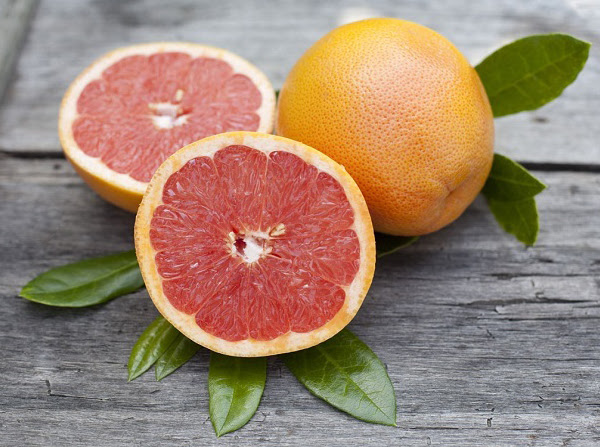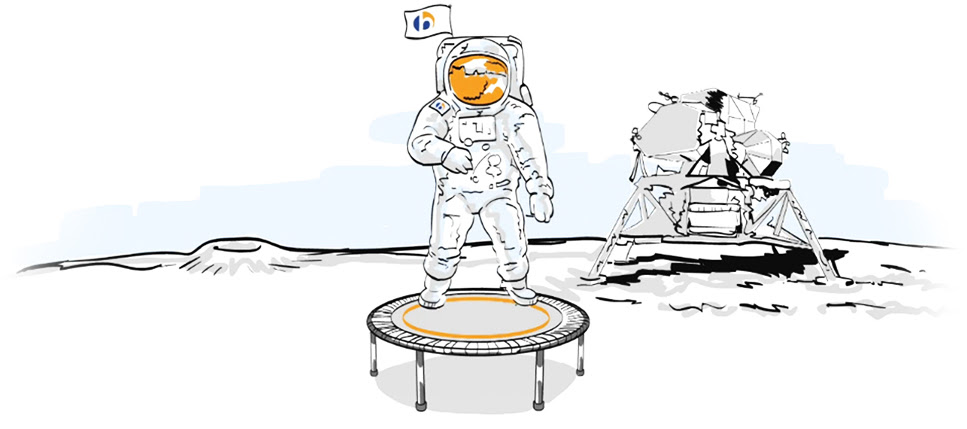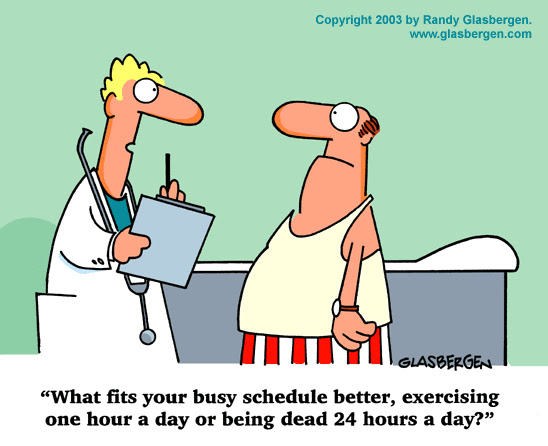Welcome to the Rethinking Cancer Newsletter #63.
Occasionally, we get a question on our info@rethinkingcancer.org that makes us wonder if we’re getting our message across as effectively as we’d like. Here’s a recent example:
“I take two 500 mg of clove caps. Is this too much? I read it was the top antioxidant food.”
Clove may contain many beneficial elements, including antioxidants, but taking this amount routinely, particularly as a supplement, can be too harsh on the system. Supplements should be used sparingly and only for as long as needed to resolve a difficiency or other issue. Real food is what the body is designed for. Moreover, doubling down on one food, like clove, because of its antioxidant content is flawed thinking. Antioxidants are found to some degree in a multitude of fresh, whole foods, but to focus on one edible item because of one attribute is to miss the panoply of vital elements — many of which may not yet even be known by science— in other so-called “lesser” foods. There is no “magic bullet” food to insure health or protect us from all disease. Nature has provided us with a food supply of stunning diversity, each creation containing its unique tapestry (essential synergism) of phytochemicals, antioxidants, minerals, vitamins, etc., for sustaining life. Don’t miss out on any of the goodness. Mix it up! Listen to your body! One day you may find yourself drawn to a cauliflower, the next day it’s something else. Some days you’re very hungry, others not. The body is a dynamic instrument and does not do well on “automatic
”Cloves are nice, but variety is truly the “top” spice of life.
To your health!
Foundation for Advancement in Cancer Therapy (F.A.C.T.)
P.S. Take a look at our Donate page, now with links to a “variety” of classic books essential for your health library. And don’t forget, you can stream our film on iTunes and on Amazon. Do keep in touch on Twitter, Facebook and our YouTube channel!

A New Breed of Doctor
By Alan H. Nittler, M.D.
The great need of the average citizen of planet Earth is to know how to live a healthy, productive life, free of disease. In 1972, Dr. Alan Nittler wrote a book called A New Breed of Doctor in which he lamented the fact that very few doctors focus on teaching this sort of thing in their practice. He hoped that a new breed would emerge who considered it infinitely more important to keep you well than to try to help you when you’re sick. Today, 45 years later, there are more doctors who understand this (many of whom can be found on our (Practitioner Directory), but there is still a great need for more. Here are some of his thoughts:
The doctor of the future will influence the political process and the food and drug laws. He will see that restaurants do not serve food that brings on degeneration. He will have a voice in food processing, manufacturing and packaging. In the future, we will have hospitals that will not allow patients to check out before they know how to change their habits and prevent future recurrences of their condition. We will learn how to cook right. Read More

A Travel Tip: Grapefruit Seed Extract
As the Northern Hemisphere moves into summer, many of us will be heading for exotic locales. But nothing can ruin a vacation faster than picking up some exotic bacteria or other assorted critters from the local water or food, leading to a case of “Montezuma’s Revenge” (a.k.a. Traveler’s Diarrhea) — a quick way to turn a dream trip into a nightmare.
So here’s a little known secret: grapefruit seed extract (GSE). Read More

On the Rebound
The simple act of bouncing on a rebounder (mini-trampoline) is a uniquely powerful form of exercise. While most types of workouts target specific muscles or just increase cardiovascular function, rebounding uses the forces of acceleration and deceleration to activate literally every cell in the body without stressing any particular part.
The idea of rebounding has been around for quite a while. However, it really picked up steam in the 1980’s when NASA was looking for the most effective way to counteract the harmful effects of weightlessness on the body, namely, that after as little as 14 days in space, astronauts can lose up to 15% of bone and muscle mass. After conducting studies comparing the benefits of various forms of exercise, they found rebounding to be the superior choice. Read More
Iced Turmeric Lemonade
After bouncing on your rebounder, you might be up for something refreshing to drink. Iced turmeric lemonade combines the flavor of earthy turmeric with fresh lemon and natural sweetness for a surprisingly delicious, salubrious drink. A spice superstar, turmeric has long been known for its antioxidant and anti-inflammatory properties which benefit virtually every organ of the body. Current studies focus on it’s potential to lower the incidence and severity of chronic diseases, such as cancer, heart disease, Alzheimer’s, and to improve blood sugar balance, support kidney function, lessen the severity of arthritis and some digestive disorders.
- 1 cup pure water (preferably distilled)
- 3/4 cup of ice
- 1/4 cup fresh lemon juice (or more to taste)
- ½ -1 tsp. teaspoon turmeric powder
- 1/4 teaspoon stevia drops (or more to taste), or about a teaspoon of other natural
- sweetener like raw honey, maple syrup, etc.
- tiny pinch of black pepper (increases the benefits of turmeric)
- Combine all ingredients in a high speed blender and blend until ice is completely blended in.
- Let rest about 30 seconds before pouring. Serve over more ice, if you like.
- Drink immediately for peak flavor and potency.
You can also substitute limes for lemons; for oranges, double the juice and reduce the water by 1/4 cup.
Thanks to Wellness Mama for this recipe!





